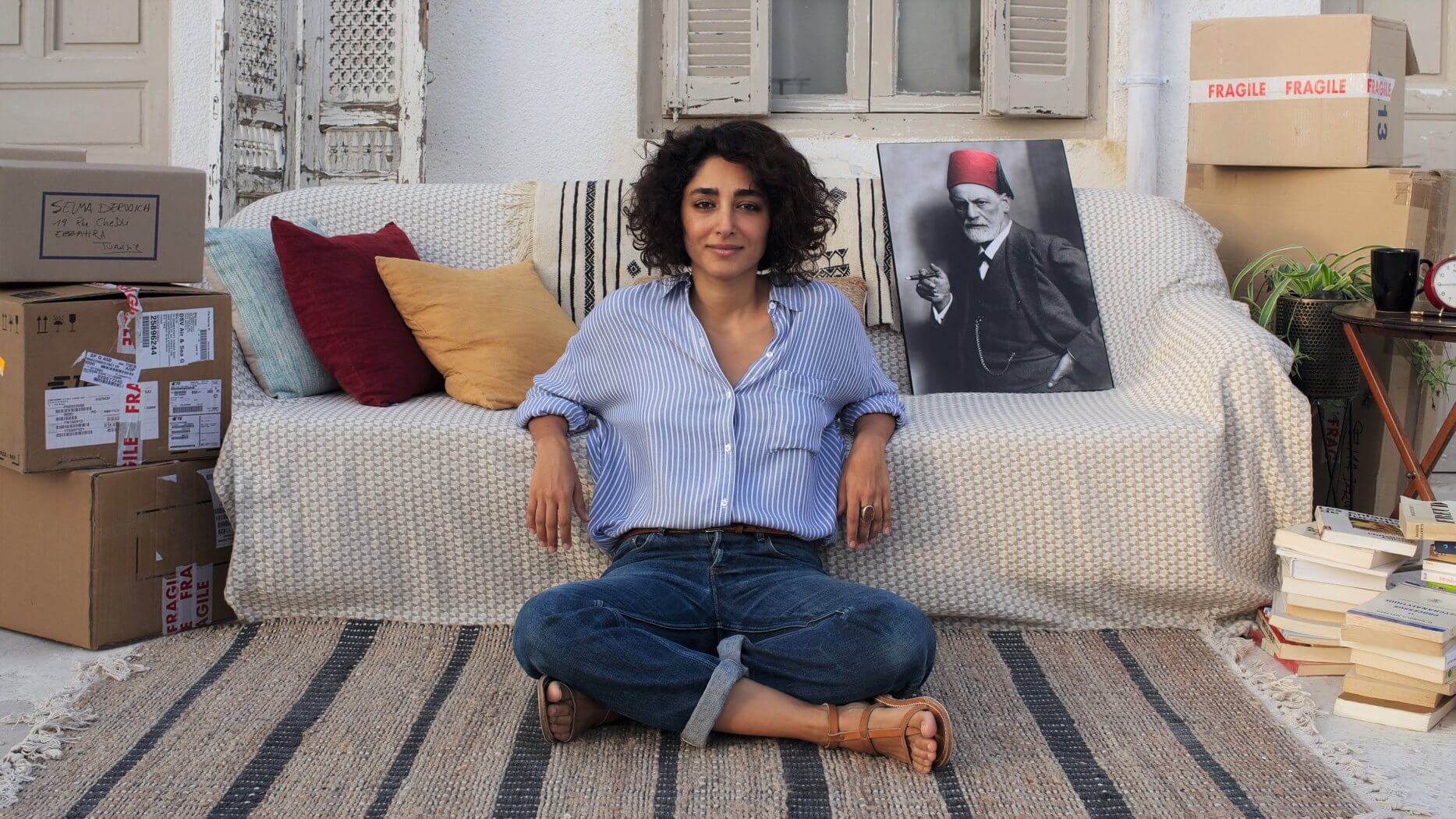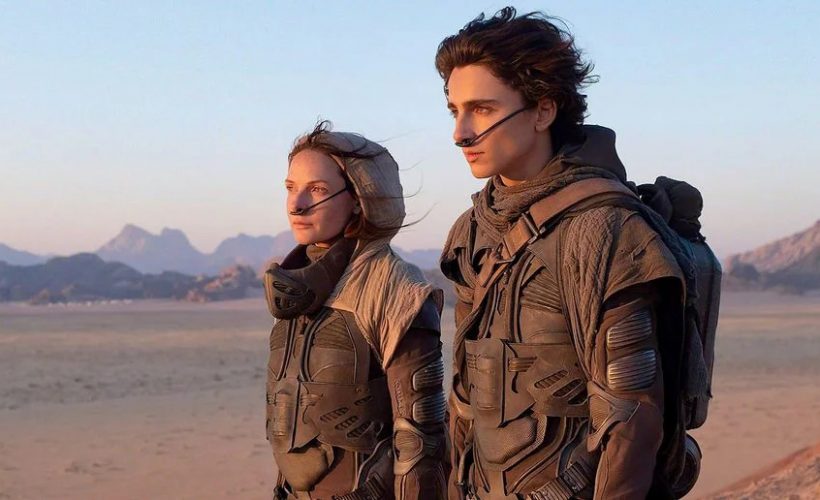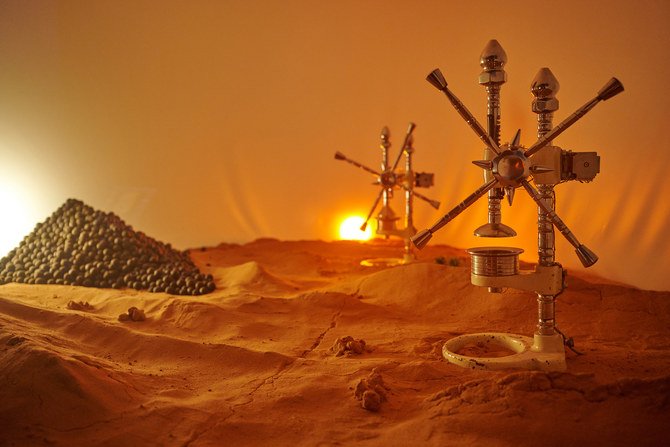Lifestyle
2.24.2020
Manele Labidi, the director who psychoanalyzes Tunisian society

Since February 12th, the first feature film by Franco-Tunisian director Manele Labidi “Arab Blues” is available in French cinemas. A Mediterranean comedy which mixes Freudian psychoanalysis and social radiography of post-revolutionary Tunisia.
One cannot really say that Manele Labidi has fallen into the pot of cinema since childhood. Raised by a family of Tunisian workers living in France, she grew up in a traditional environment where she spent more time in municipal libraries than watching new wave movies. After a career in finance, she finally abandoned the intractable world of finance for the more marvelous one of fiction. Today, her first feature film is being screened in all french cinemas. A dream come true for this director who tries to exorcise on screen the Tunisian unconscious with this crazy comedy.
What made you decide to trade finance for fiction?
I entered the world of finance out of opportunism when I finished my studies because it could offer me a security that I couldn’t have with my original social background, but I knew from the start that it would be a layover in my life. After several years, I realized I didn’t want to spend the rest of my life reading financial news, so I took a month off during which I took a course in screenwriting at the Louis Lumière school. After that experience, it was obviously very difficult for me to go back.

How did you manage to find your place in the closed world of cinema?
In my education and culture, cinema belongs to a certain category of people. And with the lack of representations, I grew up thinking that it wasn’t for me. When I left finance, everyone thought I was crazy. I didn’t know anyone in the business at all. So I went to work and spent a lot of time in the libraries. I wrote down everything that popped into my head. There was this special folder about Tunisia in the back of my head, and the revolution had just passed through but I still didn’t know with which angle to tackle the topic and I didn’t want to make the typical film that is expected from me. In the end, the famous radio channel France culture was looking for sound fiction about contemporary environments and that’s when I came up with the idea of writing fiction about life in the market place. The rest was just a series of beautiful encounters.
Why did you choose to set up your story in a psychoanalysis practice in Tunisia?
In fact, psychoanalysis is a discipline that has always fascinated me. I myself followed an analysis at a very young age, not to settle neuroses but as a tool of investigation within my own family history. When you grow up in a fairly traditional family, there are a lot of taboos. Psychoanalysis has allowed me to discover many things about myself and to shed light on the shadowy areas of my origins. What I also like about the figure of the psychoanalyst is that he is neutral and non-judgmental. That’s how I wanted to portray Tunisia.
Why did you choose Golshifteh Farahani, an Iranian actress instead of a Tunisian actress, for the role of Selma?
From the moment I wrote the movie, I knew I wanted all my characters to be Tunisian, it was obvious because I wanted the movie to have this Tunisian touch. But regarding Selma’s character, it is so hybrid: not really French, not completely Tunisian, that it wasn’t necessary to have an Arab actress. But I knew exactly the balance I wanted to have on camera with the rest of the characters. I needed an energy that could balance all the strong tempers I had. Golshifteh was perfect for that.
You also made aesthetic choices that break the codes of typical oriental movies, especially with the music…
For me, music is very important because it’s an extension of intentions. It’s a tool that allows you to take the staging a little further. When I was working on the film, I was listening to Mina, a great Italian singer and it was clear to me that this was going to be the music of the movie because I wanted to get away from orientalizing clichés that wouldn’t have brought anything. What Tunisia and Italy have in common is the Mediterranean sea and this film a Mediterranean one. In the same way, I wanted to play with the question of the veil in the film, with masculinities and femininities, the question of the music is also part of the same objective, which is to change representations.
popular

